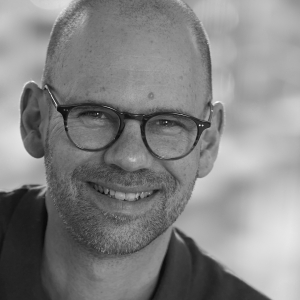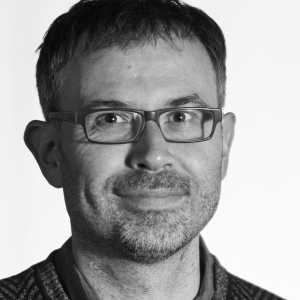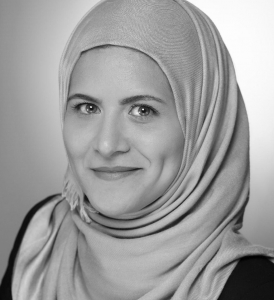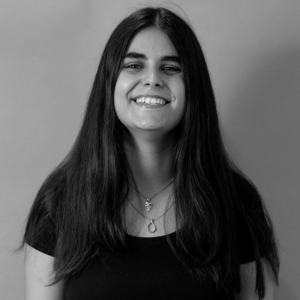Management team

Sigurd Braun
Cell2Cell.euSigurd Braun studied biology at the Albert-Ludwig-Universität in Freiburg, Germany, and did his doctoral work at the Max Planck Institute of Biochemistry, Martinsried, Germany, on ubiquitin-dependent protein degradation in the group of Stefan Jentsch. He obtained his PhD from the Ludwig-Maximilians-Universität (LMU) München in 2005.
For his postdoctoral studies (2005-2011), he focused on regulatory processes in chromatin biology, joining the lab of Hiten Madhani at the University of California San Francisco (UCSF), USA.
In 2012, he returned to Munich and started his independent research group at the LMU in the Department of Physiological Chemistry of the Medical Faculty. In 2022, he was appointed Professor for Genetics at the Justus-Liebig-University Giessen.
His group studies molecular mechanisms and functional pathways that control nuclear organization and regulation of silent chromatin, combining genetics with quantitative assays and systems biology approaches. These studies are done in the fission yeast model system (Schizosaccharomyces pombe), which shares many of the conserved hallmarks of heterochromatin present in metazoans but is less complex and can be easily genetically manipulated.
One question addressed by the group is how nuclear organization alters in response to stress and how this affects heterochromatin localization and gene expression, a process that shows high level of cellular heterogeneity.

Nicolai Siegel
Cell2Cell.euNicolai Siegel holds a bachelor degree in biochemistry from Brown University in Providence, USA and a PhD from The Rockefeller University in New York, USA.
Following his PhD, he worked from 2010 to 2011 as an EMBO / HFSP Postdoctoral Fellow in the Host-Parasite Interactions group of Artur Scherf at Institut Pasteur, Paris, France. From 2012 to 2017 he led a ZINF Young Investigator Group at the Institute for Molecular Infection Biology at the University of Würzburg, Germany.
In 2017, he was appointed Professor for Molecular Parasitology at the Ludwig-Maximilians-Universität München.
His group is interested in the molecular mechanisms that control cell-to-cell heterogeneity in pathogen populations. As a model to study cell-to-cell heterogeneity, the Siegel Lab studies antigenic variation in Trypanosoma brucei, a unicellular parasite responsible for sleeping sickness in humans and nagana in cattle.
One goal of the group is to understand how changes in chromatin structure and genome architecture influence antigenic variation at the single-cell level.

Lara Hassan
Cell2Cell.euLara Hassan studied Applied Biotechnology at the Lebanese University in Beirut, Lebanon. A fellowship from Erasmus led her to Germany where she did a research stay at the Freie Universität Berlin. Afterward, she did her doctoral work at the Technical University of Munich, Germany, on investigating the interaction between filamentous fungi and lignocellulosic substrates.
During her time at the Technical University of Munich, she had the chance to work on international collaborative projects and in science administration in an international stay at the TUM liaison office in Cairo.
In the frame of promoting research in Germany and supporting international students, she self-initiated a seminar series at universities in Egypt and Lebanon. The seminars mainly focus on: “Intercultural communication: moving to Germany” and “PhD in Germany: available possibilities and application processes”. This eventually led her to join Cell2Cell innovative training network as the network manager.

Marta Narciso
Cell2Cell.euMarta Narciso holds a bachelor’s degree in Biochemistry and a master’s degree in Biomedical Research, both from the University of Lisbon, Portugal. She did her master’s thesis on the characterization of two recently isolated Trypanosoma brucei strains at iMM under the supervision of Luísa Figueiredo. Afterwards, she continued her research project as a laboratory technician for an additional six months before joining the MSCA ITN Cell2Cell as the network manager in December 2023.
She has been a member of the organizing committee of the ULisses Project at ULisboa since its first edition back in 2020. This project incites multidisciplinary teams of students to develop innovative solutions to a challenge related to oceans’s sustainability.

